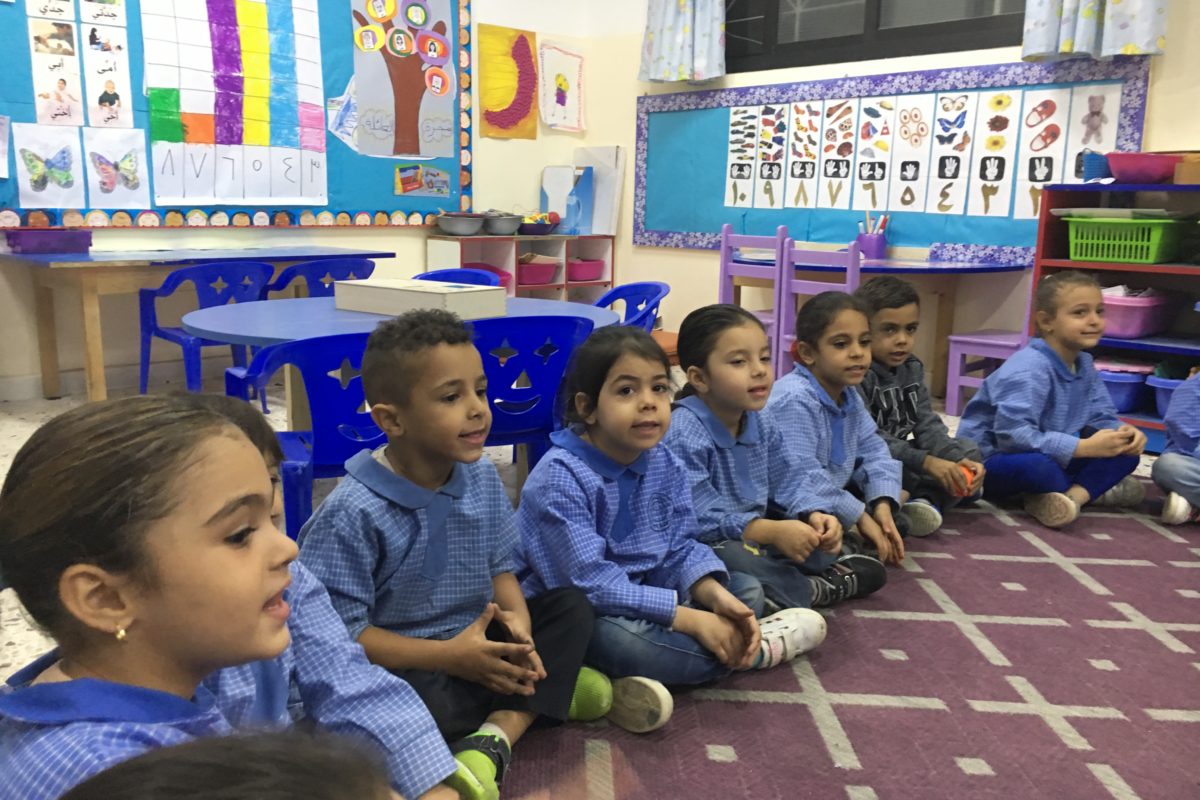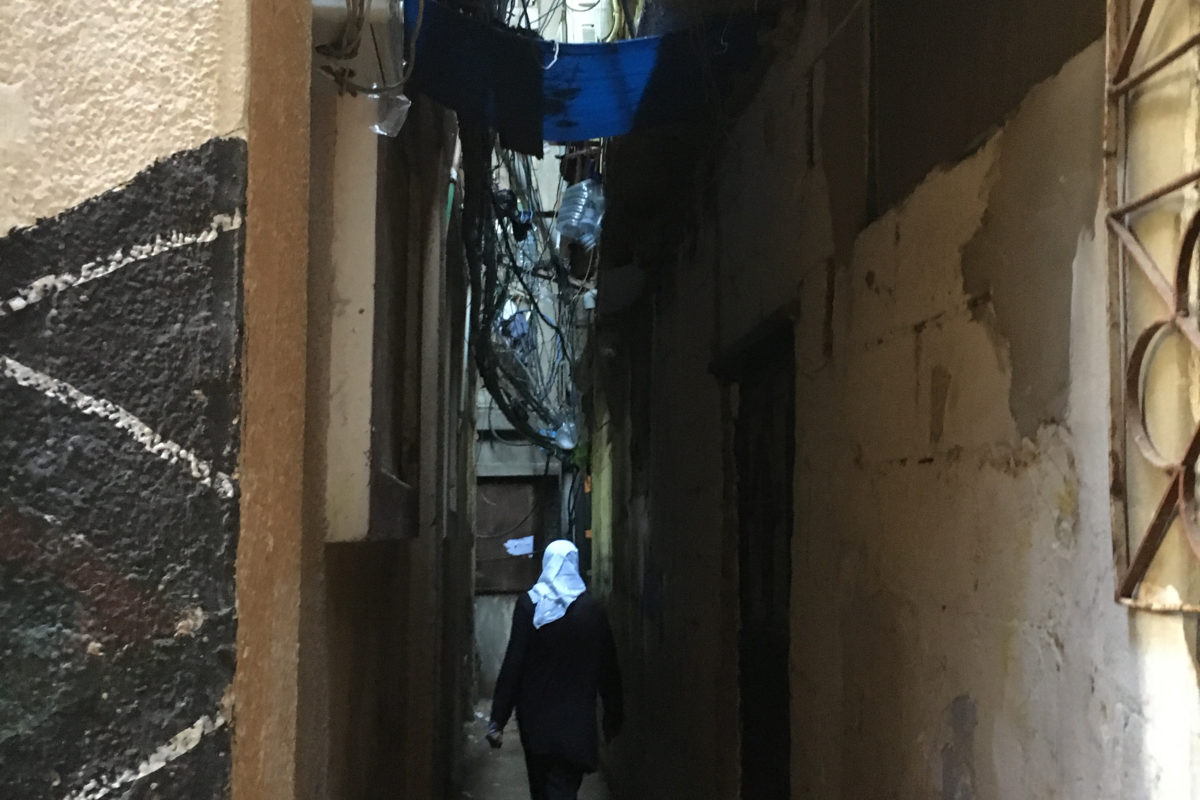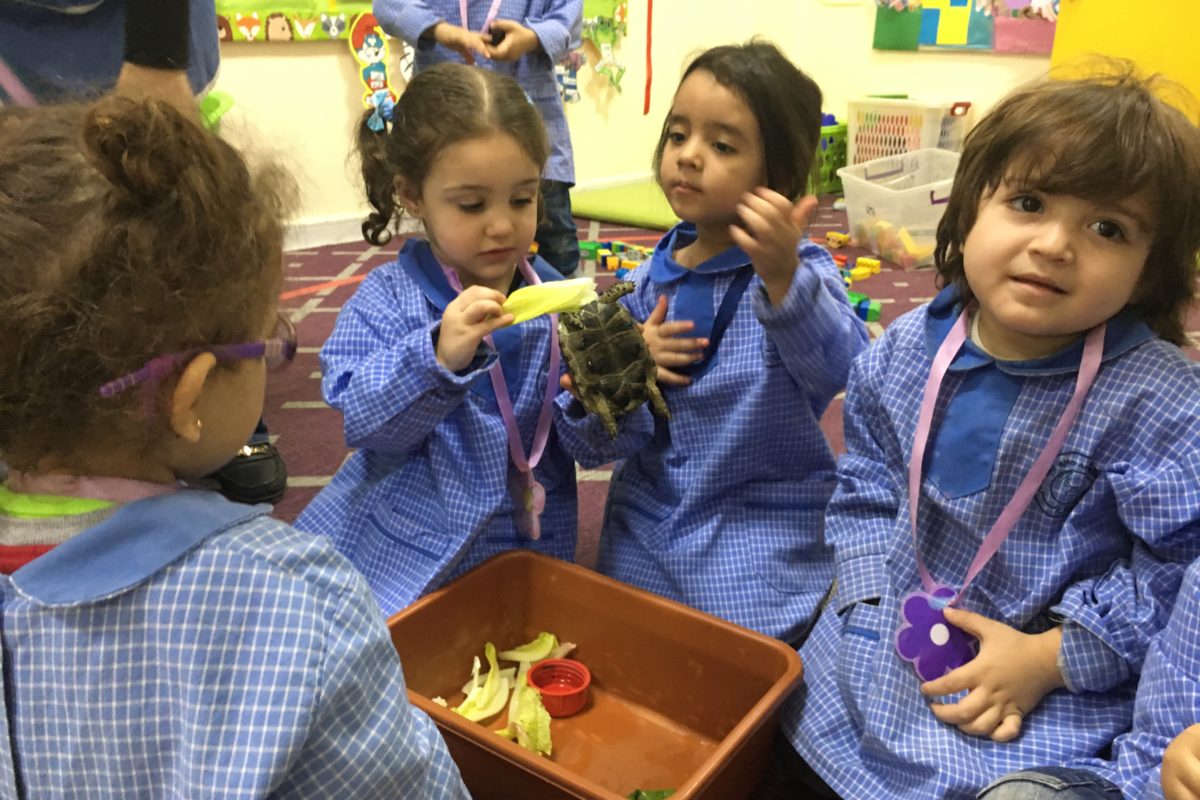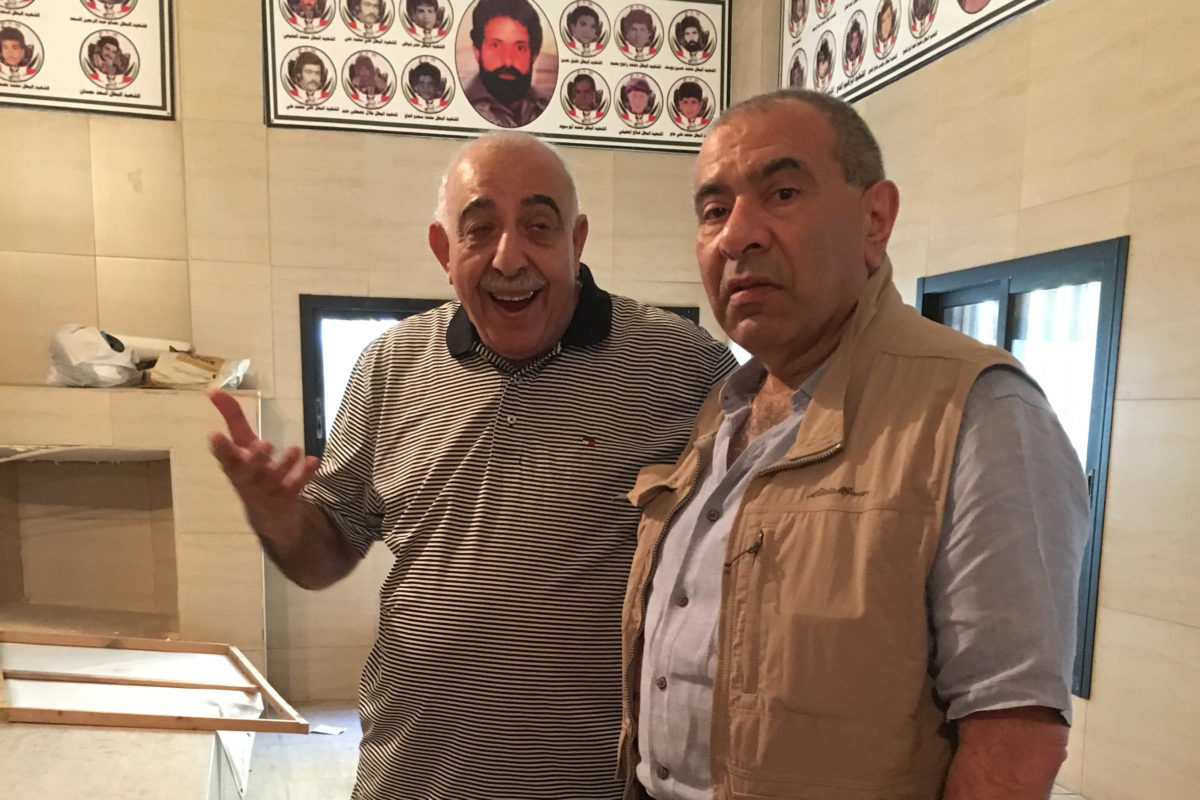“that they may have life, and have it more abundantly”
Reflections from the Executive Director
During my trip to Lebanon three months ago, my friend Kassem Aina and I visited the Cemetery of Shatila Martyrs. Kassem is the director of the National Institution of Social Care and Vocational Training (NISCVT). A UPA partner, NISCVT is an NGO based in Beirut that works in and around the refugee camps in Lebanon.
As I stood in silence reflecting on life in Shatila as it once existed, memories of relatively better days rushed through my mind. Life today is not any easier for Palestinian or Syrian refugees who were forced to make Shatila their home. Inside the mosque-turned-cemetery, walls bearing victims’ names and their pictures define a captivating space that embodies the violence once witnessed by the alleys we just passed through. I felt like a stranger in a refugee camp I once knew well 40 years ago.
15 minutes away across town is the American University of Beirut (AUB) campus. Above its magnificent main gate, carved in stone is a statement that had been echoed by generations of young men and women going through that gate. Standing tall for decades it proudly declares one of the values of the founders, “…that they may have life, and have it more abundantly.”
Across a narrow, dark and damp alley, juxtaposed steps away against the Shatila Martyrs Cemetery, is the Shatila Center. That center is a beacon of hope for the community. Established in 1984 after the Sabra and Shatila massacre, it aims to contribute to the development of the Palestinian community in Lebanon through services addressing the needs of families, with a focus on children, youth, and women.
“…that they may have life, and have it more abundantly”
As one of the projects of NISCVT, the Shatila Center’s founders’ commitment to that statement is no less valid than that of the founders of AUB.
40 years ago, Kassem Aina (pictured left) dedicated his life to a mission of service that Palestinian refugees may have life and have it more abundantly.
A ruthless, multifaceted civil war devastated Lebanon from 1975 to 1990, resulting in approximately 120,000 deaths. In 1982 under the cover of darkness, Israeli forces occupying Beirut and their local militia allies committed a massacre later concluded to be a form of genocide.
In two days the massacre of Sabra and Shatila claimed almost 3,500 lives, mostly Palestinian and some Lebanese.
40 years ago, a group of Palestinian-American businessmen and professionals from across the globe witnessed the deep predicament Palestinian communities continued to face. They recognized the need to establish an independent platform to alleviate the suffering of the Palestinian people and contribute to the long-term socioeconomic development of Palestinian communities in the West Bank, Gaza and the diaspora. Thus, United Palestinian Appeal was born…40 years ago …
Beirut has changed. The Arab world has become the world’s favorite battleground where differences are settled in a faraway land, victims of violence are reduced to numbers and human suffering is concealed from the public eyes. The refugee camps, however, are still there.
40 years ago, United Palestinian Appeal was established …that they may have life and have it more abundantly.
Sincerely,
Saleem F. Zaru
Executive Director






